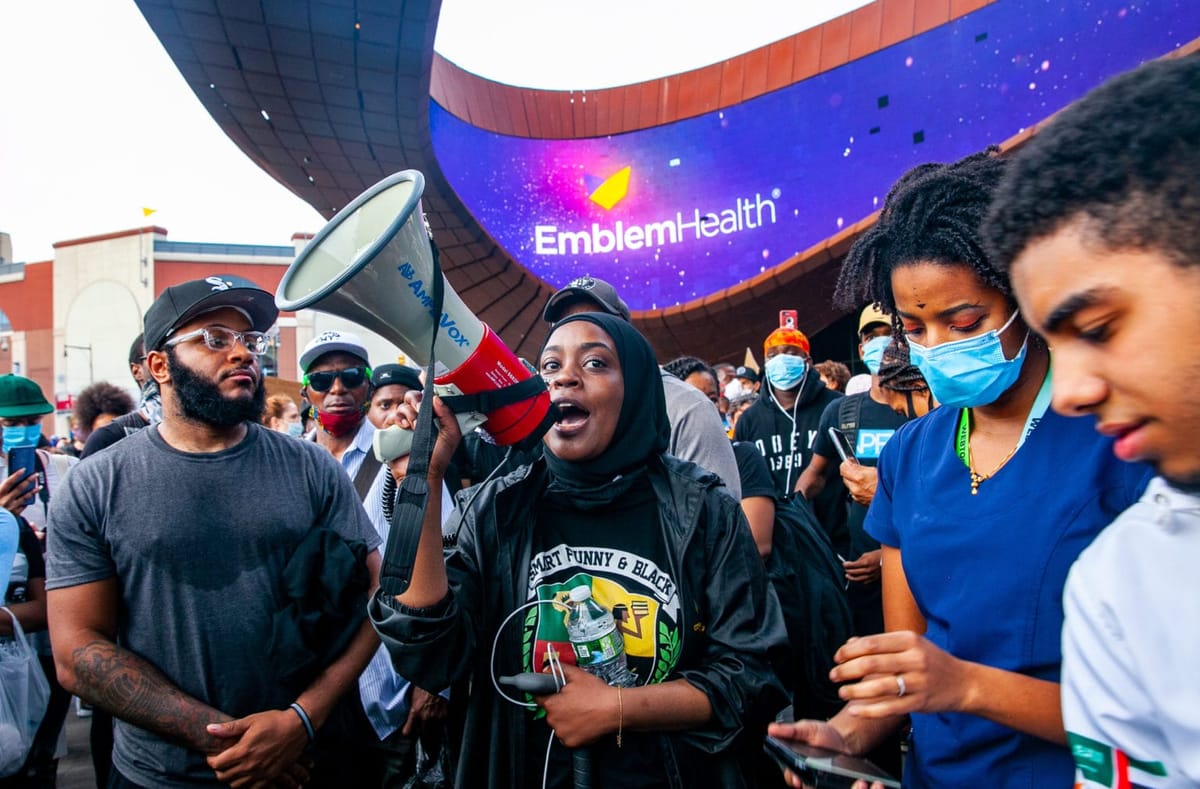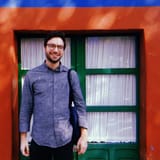New York Muslim Groups Organize To Turn Out Voters In Upcoming Local Elections


The profile of New York City’s Muslim population has risen rapidly in recent years. In 2015, the city designated Eid al Fitr and Eid al Adha as school holidays; that same year, Mayor Bill de Blasio added a senior advisor to his Community Affairs Unit with a special focus on Muslim New Yorkers. Meanwhile, Muslim communities in Brooklyn neighborhoods like Little Pakistan in Kensington/Midwood and Bay Ridge have become increasingly active in civic life.
Now, a coalition of nonprofits wants to ensure the city’s 770,000-strong Muslim community makes its voice heard at the ballot box. So they’ve launched an organized effort to maximize voter turnout.
The new initiative, called the New York Muslim Voter Project, will focus on registering Muslim voters, running get-out-the-vote efforts, and offering education, webinars and resources on ranked choice voting and other aspects of the political process.
“Our goal from this effort is to empower our community’s civic engagement from the grassroots level,” said Raja Abdulhaq, the executive director of Majlis Ash-Shura: Islamic Leadership Council of New York (ILCNY), the Queens-based nonprofit spearheading the effort.”New York Muslims are uniting to build their future.”
In addition to ILCNY, the effort includes several other nonprofits, including the New York chapters of the Council on American-Islamic Relations and the Islamic Circle of North America. Also involved are Muslims United for Civic Engagement; Muslim Ummah of North America; South East Queens Muslim Collective; Muslim American Society, New York; and African Immigrants Commission of NY & CT.
“Muslims come in all shapes and sizes, so we wanted a coalition that represented all the Muslims in New York City and New York State from all different backgrounds,” Ahmed Mohamed, CAIR-NY’s legal director, told Bklyner. “The Muslim community has not voted in great numbers in the past, and we feel like this is an opportunity to make our voice heard.
The nonpartisan effort is still in its early stages; Mohamed said the group plans to launch a website and begin voter registration efforts in late February or early March. Education efforts on ranked choice voting will ramp up in the spring, and the group will shift its focus to get-out-the-vote efforts in the month before the June 22nd city primary. A version of that process will then be repeated in the lead-up to the November general election.
Approximately 22% of America’s Muslims live in New York City, according to a report from the group Muslims for American Progress, and they make up just under 9% of the city’s total population. Though the report does not provide borough-specific numbers, it notes that 98 of the city’s 285 mosques are located in Brooklyn, the most of any borough.
The coronavirus has made the need for political engagement perhaps more urgent than ever. The pandemic hit Brooklyn’s Muslim communities hard—last spring, the Al-Rayaan Muslim funeral home in Midwood was organizing as many as 15 funerals per day at a time when observing traditional burial rites was more difficult than ever.
“The Muslim community was hurt in many ways” during the pandemic, said Kashif Hussain, executive director of the Brooklyn-based Pakistani-American Youth Society (PAYS), who has long been engaged in local politics.
He was frustrated by the slowness of some government agencies to offer information in languages like Bangla and Urdu, and by the lack of halal food in emergency food distribution efforts early in the pandemic. PAYS launched a robust pandemic food distribution effort, Hussain said, in part because “we understood that if we don’t come out, people are going to die.”
“The Muslim community feels like they’ve been neglected, like they’re at the bottom of the food chain,” he said. “But that’s not going to slide this time around. We’re going to make noise and we’re going to organize.”
Some other groups have already started. Last week, after mayoral candidate Andrew Yang skipped a forum sponsored by Muslim groups to instead appear on a podcast hosted by Sam Harris, who has made several statements that many consider Islamophobic, advocates called him out.
“It’s concerning that someone who’s seeking to hold public office in New York City would publicly associate with Sam Harris without challenging him on his Islamophobic views,” Mohammad Khan, president of the Muslim Democratic Club of New York, told the New York Daily News. “Yang owes an explanation to New Yorkers on whether he agrees with the views Harris holds publicly.”
In response, Sasha Ajuha, Yang’s co-campaign manager, told the tabloid that the candidate’s appearance on the podcast “is not in any way an approval of those opinions.”





